TRIBUTE was paid to an acclaimed Royal Marines helicopter pilot and leader at his funeral earlier this week in Tavistock.
Hundreds packed St Eustachius’ Church, veterans with colours on flagstaffs marched down the street and military helicopters staged a flypast for the funeral of Lieutenant Colonel Peter Cameron on Monday (November 18).
The town centre came to a halt and eyes turned to the grey skies at the sudden roar of Lynx and Merlin helicopters flying low in formation during the funeral of the decorated flier.
His funeral included a guard of honour of Royal Marines and veterans and his coffin was draped with the Union Flag and borne by Royal Marines.
Peter, who died peacefully on Monday, October 28 aged 83 after a long illness at Chollacott Nursing Home in Tavistock, was married to Carol and leaves sons Charles, Alasdair and Simon and eight grandchildren.
He led his commando air squadron with distinction and bravery during the Falklands War, commanding 3 Commando Brigade Air Squadron (BAS) which saw him awarded the Military Cross for gallant and distinguished service.
Telegraph Obituaries reports that from the first day of landings at San Carlos Bay his Gazelle and Scout helicopters gave outstanding service. They flew in appalling weather conditions and had to dodge Argentine enemy fighter planes and heavy aircraft fire to support troops ashore. Two Gazelles were shot down and three aircrew died while clearing the way for Sea King helicopter to land missiles to defend the beach against enemy air fire. A Scout helicopter was also shot down while trying to evacuate casualties.
However, despite the losses Peter’s inspirational leadership powered his squadron to take badly-needed ammunition to the front line and to evacuate casualties while under fire from the air and ground. On the last night of the war Peter flew through a heavy snowstorm to supply an artillery battery out of shells. The 15 helicopters flew 2,110 hours during the war.
His MC citation said: “Major Cameron led his squadron with humour and compassion on the ground and air. His fine example of courage and determination in the face of severe losses was an inspiration to all and his leadership ensured no call for help went unanswered.”
Peter joined the Royal Marines in 1959, training with 40 Commando in Malta. He became the first Royal Marines officer to complete Army flying training. He then served with 40 and 42 Commando and was deployed to Far East including Malaysia and Borneo and was in action against Indonesian guerrillas.
He later commanded 42 Commando’s air troop in 1968 and graduated to command a flight as part of the brigade’s first air squadron – flying from ships and land in the Middle East. He also commanded the popular Royal Marines Display Team at the Royal Tournament and headed up training at the Commando Training Centre, Lympstone in East Devon.
After the Falklands he supported naval recruiting and commanded the Royal Marines Reserve and then became a defence advisor, flew with the Army Air Corps and joined the Territorial Army.

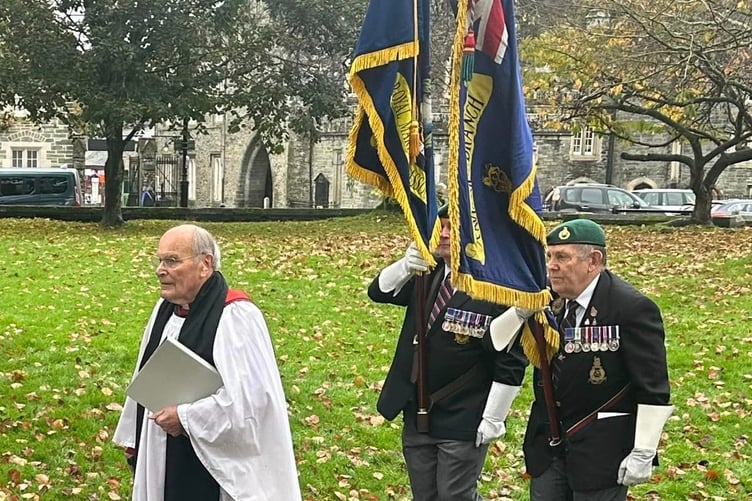


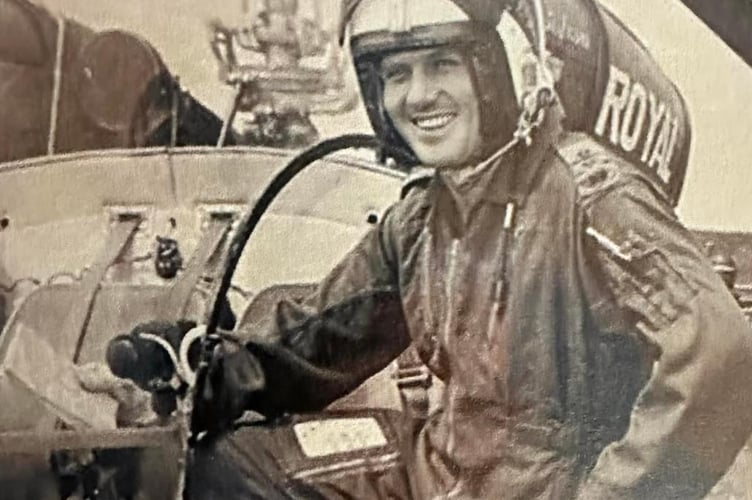

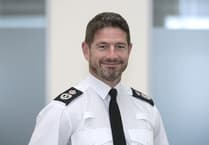
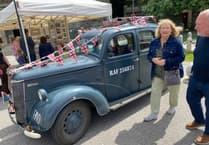
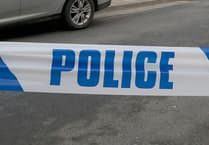

Comments
This article has no comments yet. Be the first to leave a comment.